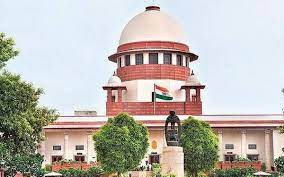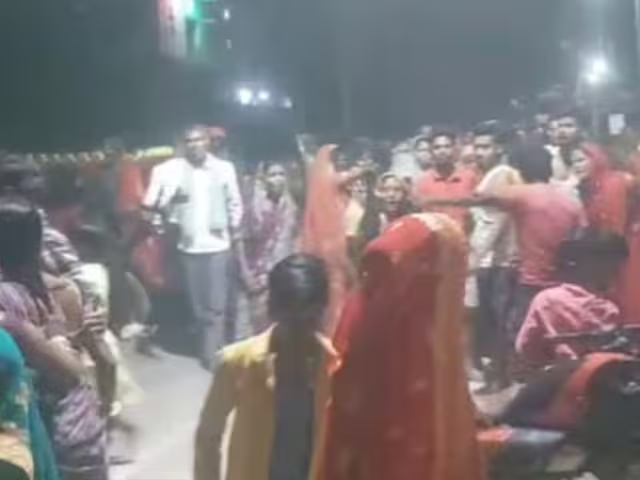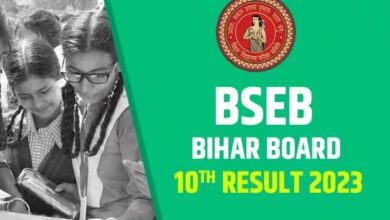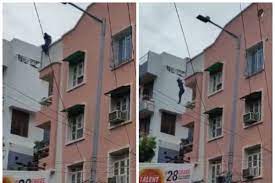Multiple petitions challenging the Bihar Government’s Caste-Based Survey Finding have been submitted to the Supreme Court
In a major legal step, many applications have been submitted to the Supreme Court of India contesting the Patna High Court’s ruling upholding the contentious caste-based survey conducted by the Bihar government. Heated discussion has followed the judgment, which was issued by a division bench of the high court.
Akhilesh Kumar and the non-governmental groups “Ek Soch Ek Prayas” and “Youth for Equality” are among the petitioners who have brought their grievances before the Supreme Court. According to their argument, the state government’s endeavor to gather data based on caste amounts to a census, a role that is exclusively reserved for the Union Government under the terms of Entry 69 of the Seventh Schedule’s List I, read with the Census Act, 1948.

According to Live Law, Akhilesh Kumar contends in his court filing that the Bihar government’s actions violate Article 246 and Schedule VII of the Constitution, the Census Act of 1948, and the Census Rules of 1990, as well as the constitutional division of powers between the state and the union legislature.
The central issue of constitutional significance is whether the state’s June 2022 announcement of a caste-based census and the appointment of district judges in administrative positions upholds the fundamentals of the division of powers between Bihar and the Union of India.
On the other side, Youth for Equality, via Advocate-on-Record Rahul Pratap, voiced concerns over the executive order’s collection of personal data, claiming that it goes against the Supreme Court’s 2017 KS Puttaswamy decision. They contend that putting people into certain castes violates numerous basic rights, including the right to identification, dignity, informational privacy, and choice under Article 21 regardless of their choice or need for state benefits.
Surabhi Sanchita, an Advocate-on-Record, filed a special leave petition on behalf of Ek Soch Ek Prayas, adding weight to the legal dispute and raising anticipation for a full reevaluation of the matter.







